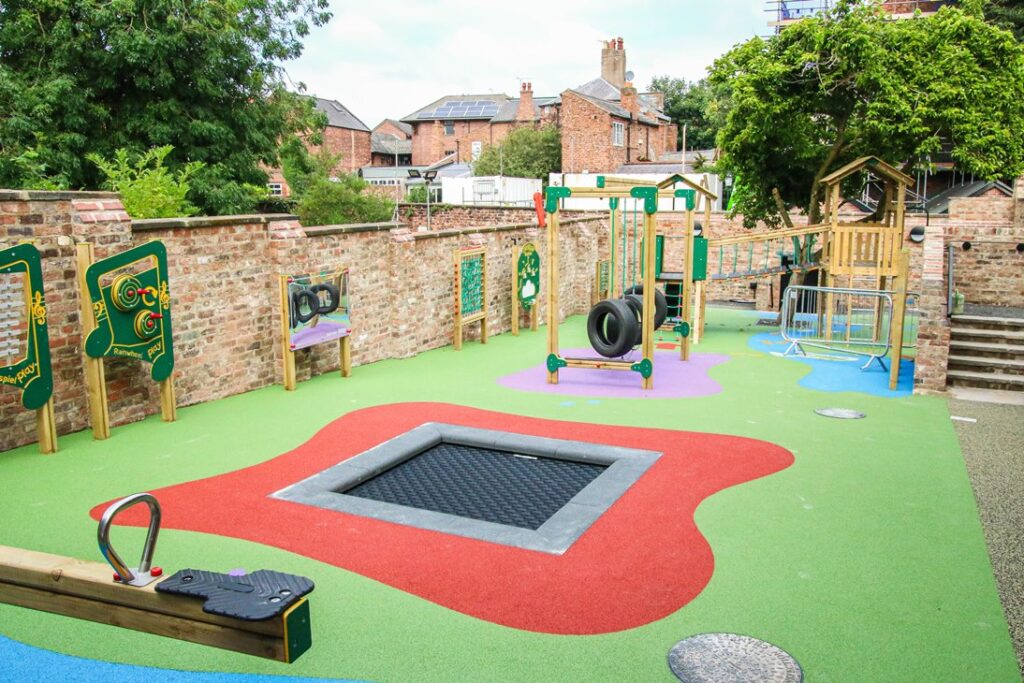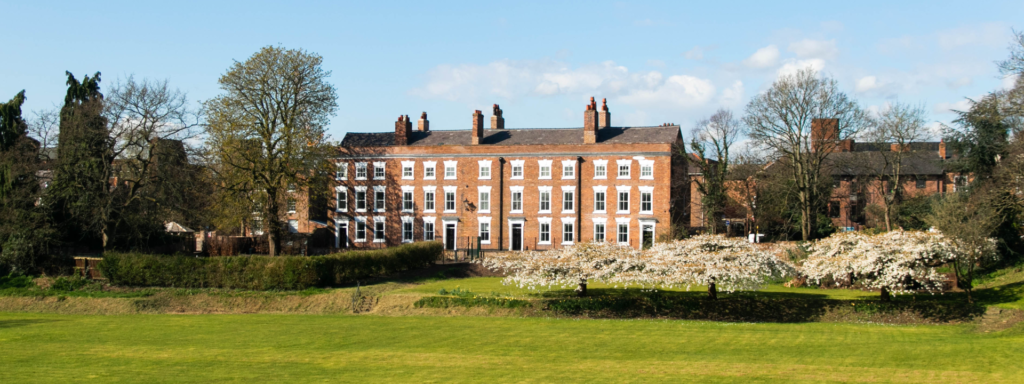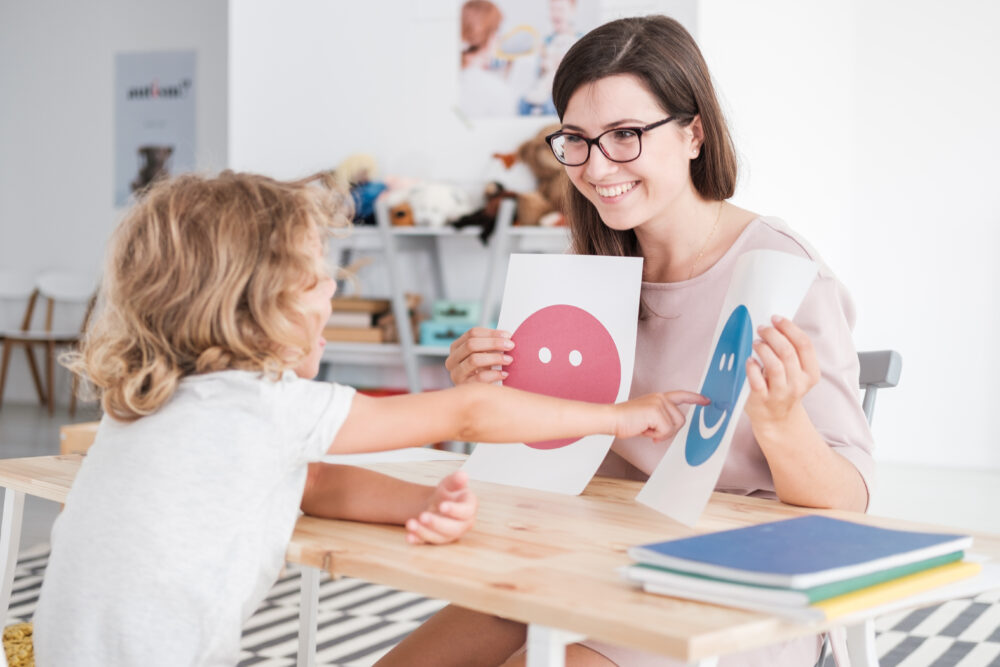By Deputy Principal Kelly Holloway
Forming the basis of any school’s educational programme, the curriculum defines and standardises lessons, academic content and learning processes, as well as providing shared goals for teachers and pupils across an educational institution.
But how does a curriculum apply standardised expectations and boundaries to pupils whose characteristics, behaviour and learning capabilities sit outside of the typical?
Why a personalised curriculum for SEND pupils?
As of the 1988 Education Reform Act, the UK National Curriculum was introduced for all children to follow, whether in mainstream or special education.
The onus was then very much on a school to make the national curriculum accessible to all pupils, regardless of their learning needs, with support for parents and carers bolstered in 2001 by the Special Educational Needs and Disability Act, through which schools were instructed to anticipate the needs of SEND pupils, and adjust to meet them.
But a ‘one size fits all’ approach to curriculum, even one adapted specifically for a special education school, can still fail to take into consideration the learning journey that the individual is on.
A lack of flexibility and commitment to a highly personalised curriculum can omit important educational experiences for pupils, experiences that take place not just in the classroom, but at home and out in the ‘real world’. A curriculum that fails to include the application of key skills out in the community that the pupil, as an adult, will come to be a part of is not a curriculum that empowers individuals to live and thrive once they leave a school environment. And what is an education for, if not empowerment?
How can a SEND school do things differently?
Here at Abbey School we are unlocking the potential of every one of our pupils with complex, challenging and special educational needs.
We aim to improve the life chances of pupils with complex and challenging needs, empowering the individual and extending the prospect of an improved quality of life to their family members and wider community. You can listen to our Abbey School podcast: ‘a new beginning for special educational needs’ to hear about the strides being made in special educational development.
Since many pupils with learning difficulties demonstrate strengths in some areas whilst exhibiting difficulties in others, each pupil will follow a highly personalised journey throughout school. The curriculum we devise for each pupil is bespoke, and as unique as the individual themselves – catering to the learning needs and personal circumstances of the pupil as well as their family.
This is central to a meaningful and effective education for all our pupils, helping them to develop the attributes, skills, knowledge and understanding they need to live the best possible life, with the greatest degree of autonomy and range of opportunities possible.
The Abbey School curriculum
Each pupil’s journey through their uniquely designed curriculum is goal-based, precisely assessed, and personal to the individual. As guidance for each pupil, their Abbey School curriculum is designed around three personalised learning journeys, known as the ‘Three Es of Differentiation’:
Exploring:
– Learning through play, exploration, practical activities and community involvement.
– Developing communication skills that allow them to interact with other people, make choices, follow instructions and access the key concepts needed for learning.
– Engaging in subject specific learning and developing key skills in the wider and core curriculum areas.
– Learning to cooperate with other people, to build positive relationships and to take responsibility for themselves.
– Learning the skills that will help them be more independent and learn about the world around them and the wider community.
Engaging:
– Learning through consistent routines, sensory engagement and interaction with adults. Building positive relationships which help develop a sense of security.
– Developing an awareness of the world around them and developing the physical skills needed to control and explore the environment.
– Developing behaviours through which they can express their feelings, make choices and communicate with other people.
– Experiencing life within the school community, responding to other people and sharing activities with them.
Establishing:
– Engaging in subject-specific learning through the National Curriculum programmes of study, adapted to carefully match their individual needs.
– Building on prior knowledge, understanding and skills and applying their learning in different contexts to solve practical problems in real-life contexts.
– The curriculum supports pupils to develop effective methods of communication to interact confidently with other people and pupils develop self-awareness, increased independence, respect for others and a sense of responsibility, playing their part in the school and wider community.
The customisation of a curriculum for each pupil also doesn’t stop after the initial planning process. Our unique Abbey School App supports staff in planning and monitoring each pupil’s learning journey on a moment-to-moment basis, meaning that we can constantly assess their progress and adapt to their evolving needs.
A unique SEND curriculum at every stage of the learning journey
Before we begin to look at teaching curriculum subjects, we must first ensure pupils know ‘how to learn’. We recognise that many pupils may experience challenges with the development of foundational learning skills, often referred to as ‘learning readiness’ or ‘learning to learn skills’.
These pivotal skills include the development of attention, concentration, language understanding, taking information from visual stimuli, learning via the observation of others and learning how to learn as part of a group. Research indicates that these foundational learning skills are an essential component in children and young people’s ability to learn from their environment successfully. Therefore, the development of learning skills is a key component of the Abbey School curriculum.
The core academic subjects covered in our curriculum are: English for Life, Maths for Life, Personal, Social, Health & Economic Education (PSHE), and Learning skills. While the wider curriculum subjects can include: Science, Humanities, Technology, Creative & Expressive Arts, and Physical development. Also central to ensuring a well-rounded education and personal development for our pupils are learning sessions covering:
– Personal, Social, Health and Economic Education – supporting pupils to be physically, emotionally and socially healthy.
– Our unique Wellbeing Programme – teaching pupils skills and strategies they need for maintaining positive mental health.
– Relationships and Sex Education – a carefully planned programme on human development, personal relationships, sexuality and family life within a safe, comfortable atmosphere.
– Spiritual, Moral, Social and Cultural Development – exploring and developing values and beliefs, spiritual awareness, personal behaviour, their social and cultural traditions and an appreciation of the diversity and richness of their cultures
– Religious Education – developing awareness of self, others and the world around us and to celebrate festivals which reflect religious diversity.
– Fundamental British Values – democracy, rule of law, tolerance of those with different faiths and beliefs, individual liberty and mutual respect.
Find out more about our curriculum model in detail, from Early Years Foundation Stage, through all Key Stages 1-4 and onto Sixth Form, in our online Abbey School Prospectus.
With this unique approach, dedicated to delivering a bespoke curriculum and learning experience for each pupil, and backed by learnings from our £1M educational research programme, we believe we can deliver an effective education that prepares every pupil for life beyond their school years.
Together, we can unlock the potential and enhance the lives of children and young people with special educational needs, helping them to become empowered and valued members of their community.


